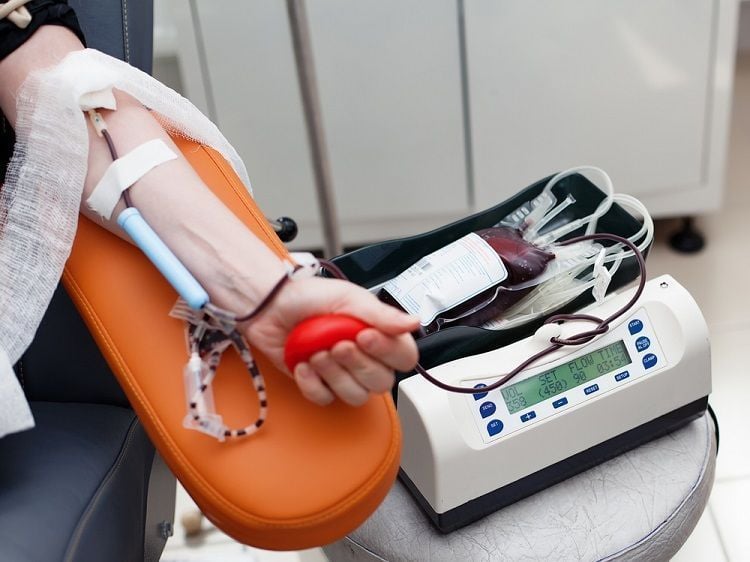Nelson Vergel
Founder, ExcelMale.com

Intravenous iron for the treatment of fatigue in nonanemic, premenopausal women with low serum ferritin concentration
Abstract. This is the first study to investigate the efficacy of intravenous iron in treating fatigue in nonanemic patients with low serum ferritin concent
This randomized, double-blinded, placebo-controlled study investigated for the first time the efficacy and safety of intravenous iron therapy in the treatment of fatigue in premenopausal nonanemic (hemoglobin ≥ 120 g/L) women with low serum ferritin concentration ( ≤ 50 ng/mL). A significant effect of iron (compared with placebo) on fatigue was observed exclusively in patients with substantially depleted iron stores, as indicated by a serum ferritin concentration ≤ 15 ng/mL at baseline. More than 80% of these patients reported improved fatigue 6 and 12 weeks after treatment initiation, as well as decreases in the severity of fatigue to less than half of the initial value at study completion. These are the first results providing evidence that intravenous supplementation of iron can improve fatigue symptoms in iron-deficient, nonanemic premenopausal women.
In the present study, serum ferritin concentration ≤ 15 ng/mL or transferrin saturation ≤ 20% (with serum ferritin concentration ≤ 50 ng/mL) were predictive for a significant benefit from intravenous iron therapy. Of these criteria, serum ferritin concentration ≤ 15 ng/mL is probably more suitable for use in general practice. However, the size of the study population does not allow definitive determination of a cutoff serum ferritin concentration below which patients benefit from iron therapy.
A total dose of 800 mg of intravenous iron administered over 2 weeks resulted in a marked increase in serum ferritin concentration (98 ng/mL), which indicated sufficient replenishment of body iron stores. Iron administration, however, did not influence hemoglobin concentration, which was in the normal range at baseline and remained constant during the observation period in both iron-treated and placebo-treated patients. Therefore, the fatigue-reducing effects of iron therapy reflect the nonhematological functions of iron. Iron is an essential component of a large number of human metabolic enzymes, including ribonucleotide reductase, NADH dehydrogenase, succinate dehydrogenase, and cytochrome c reductase/oxidase. These enzymes catalyze essential biochemical reactions such as the formation of deoxyribonucleotides and aerobic oxidation of carbohydrates and fatty acids in the mitochondrial citric acid cycle and the respiratory chain.















